AI in SEO: How Artificial Intelligence Is Transforming Search
May 12, 2025
10 Minute Read
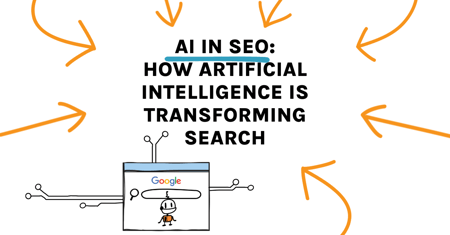
Remember when SEO was all about stuffing keywords into a page like you were packing for a weekend trip with a tiny carry-on (jk, we don't condone keyword stuffing)? Ah, simpler times. These days, search engines have gotten a lot smarter, and we have artificial intelligence (AI) to thank (or blame?) for that.
AI isn’t just powering your Netflix recommendations or writing quirky email subject lines. It’s fundamentally changing how people search, how search engines understand content, and how businesses show up online.
businesses show up online.
At BFO, we’re always geeking out over the latest digital trends. And while AI used to sound like something out of a sci-fi movie, it’s quietly working behind the scenes of every Google search.
So what does that mean for SEO? What should businesses be doing differently? And is it finally time to panic about robots taking over our jobs?
(Short answer: Nope. Long answer: Keep reading.)
Let’s break down how AI is transforming SEO and, more importantly, what that means for your business today.
Key Ways AI Is Transforming SEO
AI is changing more than how search engines work—it’s changing what they value and how they rank content. Here are some of the biggest ways AI is shaking things up in the SEO world.
Smarter Search Results
Search engines are getting good at understanding what users want (even if they don’t type it perfectly).
Ever Googled something super vague like “best shoes for…” and Google’s already finishing your thought with exactly what you were looking for? That’s AI in action.
looking for? That’s AI in action.
AI helps Google interpret search intent, personalize results, and surface things like:
- Featured snippets
- People Also Ask sections
- AI-generated summaries
- Local results customized just for you
Bottom line: SEO is about earning those prime spots in the search results.
Content Creation & Optimization
Yes, tools like ChatGPT, Jasper, and other AI writers are changing the content game, but let’s be clear: great SEO still needs a human touch.

AI tools can help with:
- Brainstorming blog ideas
- Drafting outlines or meta descriptions
- Summarizing complex topics
But the content that ranks? It still needs to be original, helpful, and written with your audience (not just search engines) in mind. Robots can help, but real human expertise wins every time. Just because AI can draft you a pretty good first draft of a blog outline doesn't mean that the work shouldn't be addressed by real, knowledgeable human writers.
User Experience is More Important Than Ever
AI doesn’t just care about what’s on your site—it pays attention to how people interact with it.
Things like:
- Are users staying on your page?
- Are they clicking around?
- Are they bouncing right back to search?
Google’s AI is always watching (but, like, in a friendly neighborhood Spider-Man way). So having a fast, mobile-friendly, easy-to-navigate site is crucial.
Technical SEO + great content = dream team.
Voice Search & Conversational Queries Are On the Rise
“Hey Google, where’s the best tavern-style pizza near me?” (Sorry, it’s a Chicago reflex.)
With voice search growing, people are searching more naturally, like they’re talking to a friend, not typing into a search box.
like they’re talking to a friend, not typing into a search box.
That means SEO needs to focus on:
- Long-tail keywords
- Answering specific questions
- Writing in a clear, conversational tone
Basically, write like a human, for humans.
Visual Search Is Having a Moment
AI can now “see” images and videos better than ever. Tools like Google Lens or Pinterest Lens let users search with photos instead of words.
of words.
This means:
- Optimizing images with descriptive file names & alt text
- Creating original visuals
- Using structured data to help search engines understand your media
If a picture is worth a thousand words, optimized images might just be worth a thousand clicks.
TL;DR—AI Is Changing SEO From Every Angle
From how search engines understand content to how users search for it, AI transforms SEO into a more human, helpful, and experience-driven game.
And honestly? We love to see it.
At BFO, we’ve always believed that SEO isn’t just about ranking—it’s about creating content and experiences people want. AI just happens to agree with us on this one (we’re as shocked as you are, really).
Tips for Staying Ahead of AI-Powered Search
So, we’ve talked about what AI is doing to search, but what most businesses really want to know is: Now what?
How do you keep showing up in search results when Google’s algorithms are learning faster than your morning coffee kicks in? The good news is that the playbook for SEO hasn’t been completely rewritten. And if you want to stay competitive, your strategy needs to evolve, too.
First and foremost, focus on creating helpful, human-first content. We know, we know—you’ve heard this one before. But it’s more important than ever.
We know, we know—you’ve heard this one before. But it’s more important than ever.
AI is designed to reward content that answers real questions, solves real problems, and reads like a real person wrote it (because nobody wants to feel like they’re getting advice from a robot). Write for humans first, optimize for search engines second—not the other way around.
Need help with this? Check out Steve’s AI search Big Ideas With BFO.
That doesn’t mean AI tools can’t have a seat at the table. In fact, they can be incredibly useful for brainstorming ideas, organizing content, speeding up research, or analyzing data. The trick is using AI as an assistant, not the author. Let the tools help you work smarter, but keep your voice, creativity, and expertise front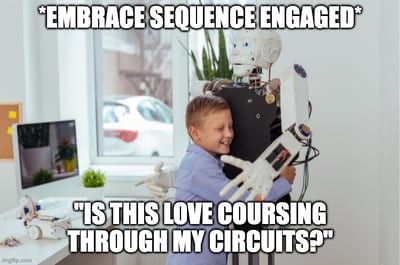 and center.
and center.
Beyond content, AI has also raised the stakes when it comes to user experience. It’s not enough for your site to just have good information. It also needs to be easy to navigate, fast-loading, mobile-friendly, and visually appealing.
Think of it this way: Google wants to send users to websites that offer a great experience from start to finish. If your site makes visitors jump through hoops (or wait forever for a page to load), that will hurt your chances of ranking well.
Another way to help search engines understand your content better is by using structured data, also known as schema markup. This is like giving Google a helpful little cheat sheet about what’s on your page—whether it’s a recipe, a product, an event, or FAQs. Structured data makes your content eligible for rich results in search, which can help you stand out in a crowded space.
rich results in search, which can help you stand out in a crowded space.
But maybe the most important tip of all? Stay curious. SEO in an AI-driven world isn’t a “set it and forget it” situation. It’s about testing, adapting, and staying engaged with evolving search behavior. Keep an eye on what’s working (or just sign up for our newsletter to get updates right to your inbox!) and always lead with what’s best for your audience.
Because at the end of the day, AI might change how search engines operate, but the heart of SEO remains the same: creating real connections with real people.
Our Take: AI Is a Tool, Not a Replacement
Here’s the thing about SEO—it’s always changing. And with AI now in the mix, those changes are happening faster, smarter, and (let’s be honest) sometimes a little weirder than before.
But at BFO, we see all of this as an opportunity, not something to fear. AI is just another tool (a powerful one, sure), but still just a tool.
So, if you’re feeling overwhelmed by the AI hype or unsure of what your next SEO move should be, you’re not alone. That’s exactly why we do what we do.
Whether you want help navigating AI in search, figuring out what’s next for your content strategy, or just someone to explain schema markup without using scary tech jargon—we’ve got you.
Let’s chat. Let’s plan. Let’s be found. Get in touch with us today!
Let's Chat!

Jon Pappas
Jonathon is the Director of Organic Search at BFO. He’s a reliable and consistent member of our team and is very detail-oriented and client-focused.
CATEGORIES
SUBSCRIBE TO OUR BLOG
Stay up to date with the latest industry best practices in digital marketing!
















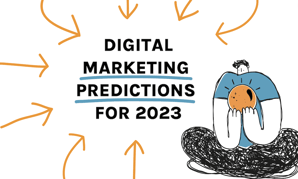
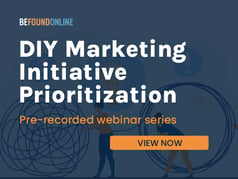
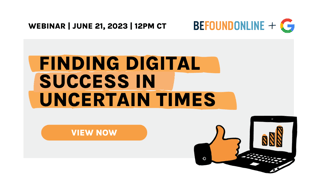

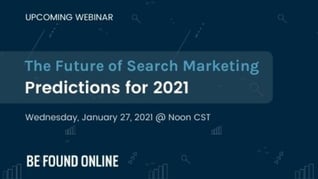


.png?width=339&height=179&name=Webinar%20Banner%20(1).png)

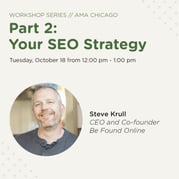

.png?width=339&height=179&name=July%20Webinar%20(Newsletter).png)
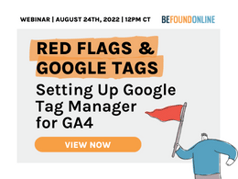
.png?width=339&height=179&name=Webinar%20Banner-April-02%20(1).png)
%20(4).png?width=339&height=179&name=Webinar%20Banner-May-02%20(1)%20(4).png)
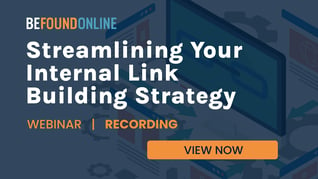
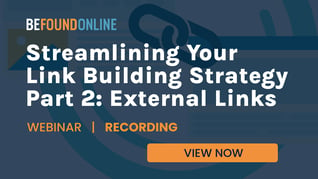


.png?width=339&height=179&name=March%202023%20Webinar%20Ad%20(autoresponder).png)

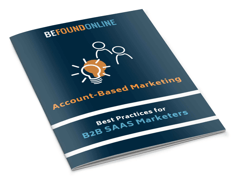



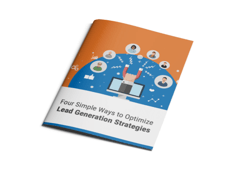

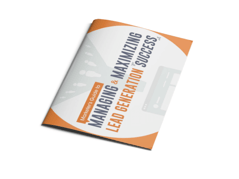

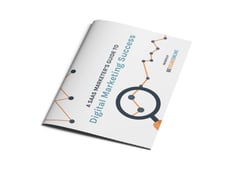
.png?width=339&height=179&name=2025%20Paid%20Media%20(1200%20x%20628%20px).png)








































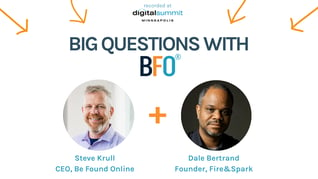
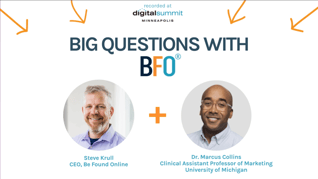

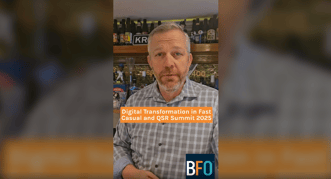

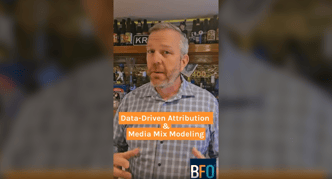







.png?width=339&height=179&name=2026%20Paid%20Media%20Ad%20Specs%20(Twitter%20Post).png)

